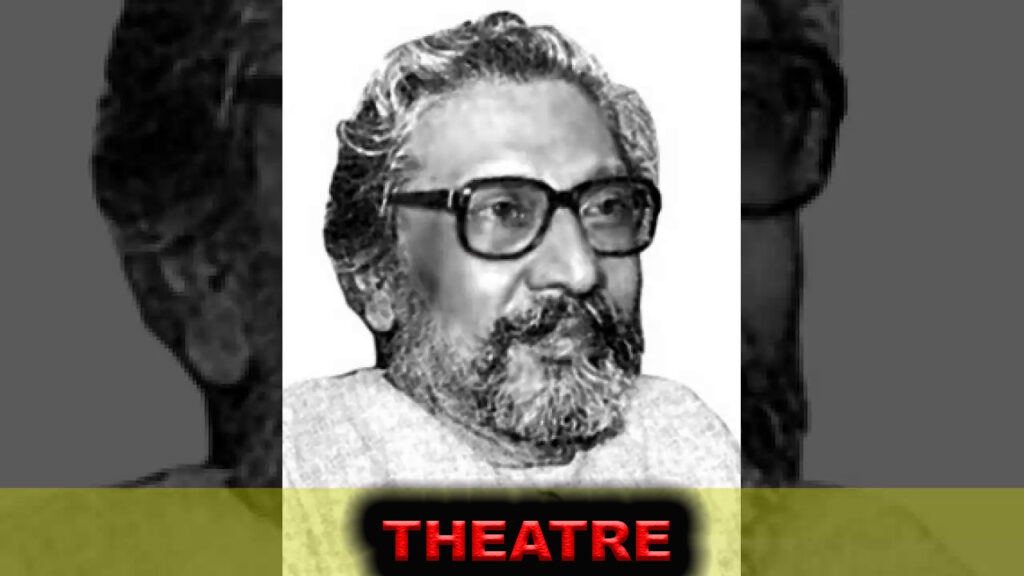Two schools of thought lay behind India wresting independence. Non-violent agitation and armed struggle were the parallel modes of attaining complete freedom. Arguably both drew inspiration from the stage in the long-fought battle against foreign rule. Be it Sirajuddaula performed in the old theatre para or Nabanna of Bijan Bhattacharya staged years later, both continued to point out the weight of the foreign yoke and the struggle to remove it.
Born in Faridpur, Bhattacharya knew the lives of the villagers, their joy and sorrow, their hope and despair, inside out. And all these were reflected later in the plays he wrote. Migrating from Faridpurto Calcutta in 1930, he joined the undivided Communist Party of India and became a driving force of the party’s cultural activities. For the IPTA, Bhattacharya wrote one of the most memorable plays of his life – Nabanna in 1944.
This play, the first full-length endeavour of his life, was based on the Bengal Famine of 1943, in which over a million people died of starvation, malnutrition and the resultant diseases. This play was directed by Bhattacharya, along with Shambhu Mitra, another stalwart of the Bengali stage. For the first time in the history of Bengali theatre, the instead of colourful props, the stage was decorated with unimpressive curtains made from jute sacks.
All the plays reflect his deep knowledge of the lives of these people whom he loved and with whom he spent a major part of his life. Some of the other plays by Bhattacharya include Mora Chand, Debi Gorjon, Jabanbandi, Aj Basanta, Garbhabati Janani, Gotrantar and others.
Bhattacharya did not confine himself to the world of props and stage as together with Khwaja Ahmed Abbas he wrote the script for the film Dharti KeLaal, which was inspired by his own play Nabanna. Besides, he also acted in several films.

